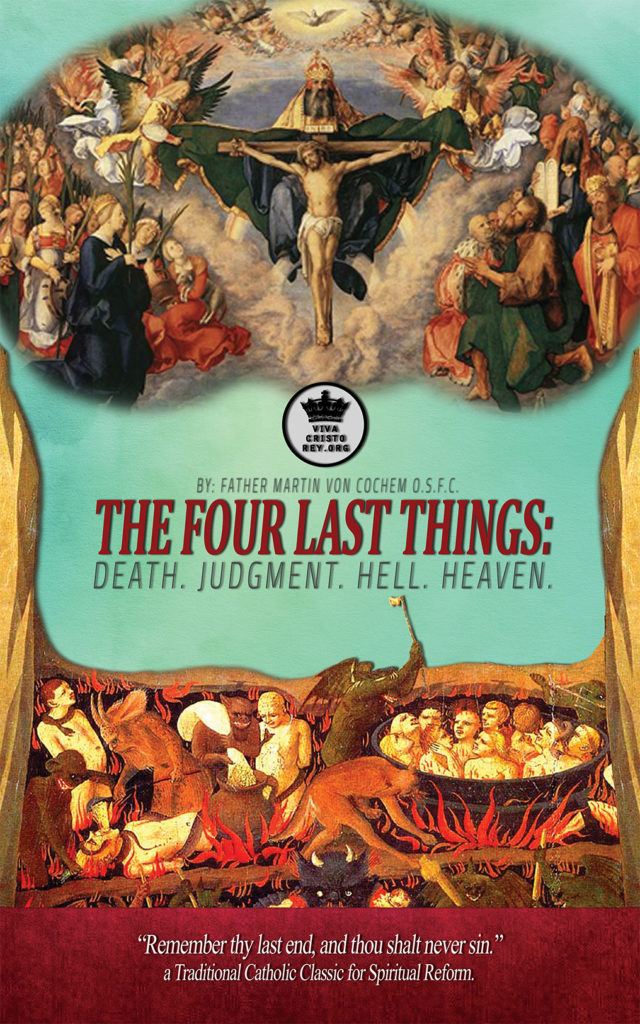Joseph hath charge of his master’s house: rejecteth his mistress’s solicitations: is falsely accused by her, and cast into prison, where he hath the charge of all the prisoners.
[1] And Joseph was brought into Egypt, and Putiphar an eunuch of Pharao, chief captain of the army, an Egyptian, bought him of the Ismaelites, by whom he was brought. [2] And the Lord was with him, and he was a prosperous man in all things: and he dwelt in his master’s house, [3] Who knew very well that the Lord was with him, and made all that he did to prosper in his hand. [4] And Joseph found favour in the sight of his master, and ministered to him: and being set over all by him, he governed the house committed to him, and all things that were delivered to him: [5] And the Lord blessed the house of the Egyptian for Joseph’s sake, and multiplied all his substance, both at home, and in the fields. [6] Neither knew he any other thing, but the bread which he ate. And Joseph was of a beautiful countenance, and comely to behold. [7] And after many days his mistress cast her eyes on Joseph, and said: Lie with me. [8] But he, in no wise consenting to that wicked act, said to her: Behold, my master hath delivered all things to me, and knoweth not what he hath in his own house: [9] Neither is there any thing which is not in my power, or that he hath not delivered to me, but thee, who art his wife: how then can I do this wicked thing, and sin against my God? [10] With such words as these day by day, both the woman was importunate with the young man, and he refused the adultery. [11] Now it happened on a certain day, that Joseph went into the house, and was doing some business without any man with him: [12] And she catching the skirt of his garment, said: Lie with me. But he leaving the garment in her hand, fled, and went out. [13] And when the woman saw the garment in her hands, and herself disregarded, [14] She called to her the men of her house, and said to them: See, he hath brought in a Hebrew, to abuse us: he came in to me, to lie with me: and when I cried out, [15] And he heard my voice, he left the garment that I held, and got him out. [16] For a proof therefore of her fidelity, she kept the garment, and shewed it to her husband when he returned home: [17] And said: The Hebrew servant, whom thou hast brought, came to me to abuse me. [18] And when he heard me cry, he left the garment which I held, and fled out. [19] His master hearing these things, and giving too much credit to his wife’s words, was very angry. [20] And cast Joseph into the prison, where the king’s prisoners were kept, and he was there shut up. [21] But the Lord was with Joseph and having mercy upon him gave him favour in the sight of the chief keeper of the prison: [22] Who delivered into his hand all the prisoners that were kept in custody: and whatsoever was done was under him. [23] Neither did he himself know any thing, having committed all things to him: for the Lord was with him, and made all that he did to prosper.Commentary
[16] “A proof therefore of her fidelity”: or an argument to gain credit, argumentum fidei.

TITLE: The Four Last Things: Death. Judgment. Hell. Heaven. “Remember thy last end, and thou shalt never sin.” a Traditional Catholic Classic for Spiritual Reform.
AUTHOR: Father Martin Von Cochem
EDITOR: Pablo Claret
Get it as a PAPERBACK:
vcrey.com/4-last-things-book

Get it as a an AUDIOBOOK on Google Play:
vcrey.com/4-last-things-audiobook

Get it as a an AUDIOBOOK on Apple Books:
See our catalogue of Catholic books and audiobooks:
https://vivacristorey.org/en/catalogue/